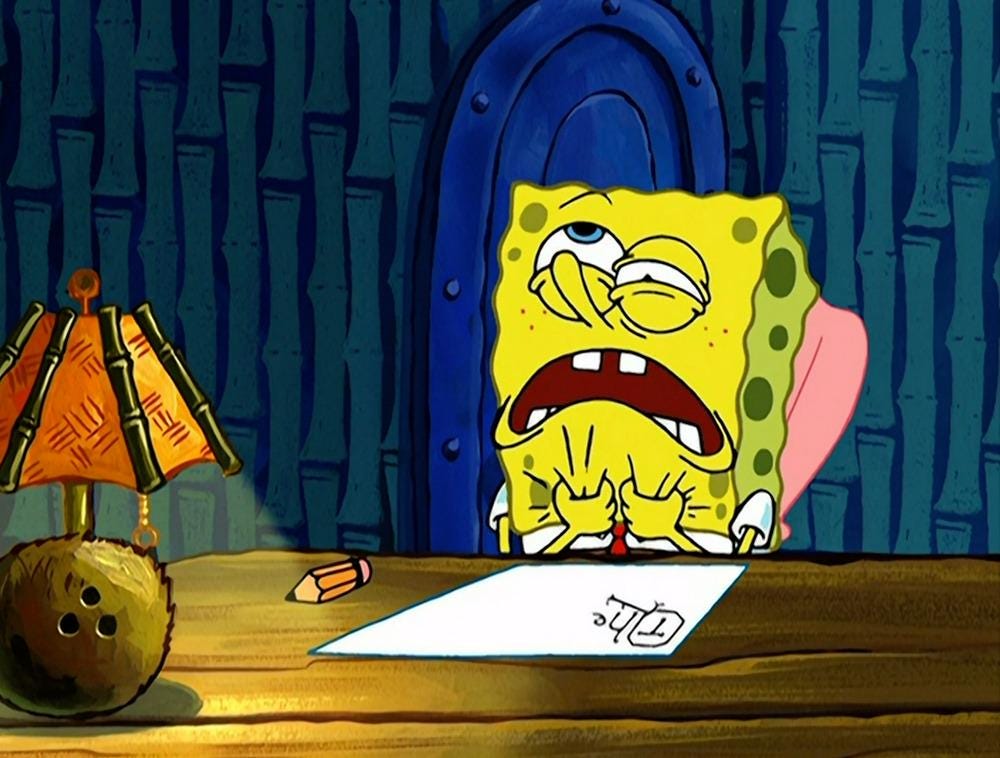The science behind writer's block (and how to overcome it)
Our brains work in mysterious ways. Here's why writer's block happens and how to push past it
“You don’t know what it is,” Flaubert wrote. “To stay a whole day with your head in your hands trying to squeeze your unfortunate brain so as to find a word."
We’ve all been there—you sit in a quiet space determined to write an award-winning piece, open your laptop or notebook, crack your knuckles, take a deep breath… and nothing comes up.
Whether you’re a writer, an artist, a painter or a musician, one of the hardest things to accept is that some days we will show up and inspiration won't.
This not only delays the creative process, it can also take a big toll on your confidence and self esteem. Frequent writer’s block can even influence students’ career choices, as studied by psychologist Morris Holland.
I was, ironically, experiencing writer’s block when I decided to dive into the science behind it and understand why we experience this phenomenon. What I found was quite interesting.
What is writer’s block, really?
Edmund Bergler first defined writer’s block in 1947 as the frustrating mental barrier that prevents writers from producing content. This is often due to cognitive difficulties, perfectionism, or anxiety.
Over time, psychologists have come up with their own definition too.
They view writer’s block as a cognitive or emotional issue. Some argue that it’s not a real condition but rather a manifestation of perfectionism, procrastination, or anxiety. Others compare it to a form of analysis paralysis, where overthinking leads to creative stagnation.
Some writers believe that pushing through by writing anything—even if it’s bad—can help break the cycle. I don’t disagree, but upon making further research, I realised that it’s not the only way to push past it.
Hacking your brain
Now that we know this is a normal part of the creative process and cannot be avoided, let’s look at how to trick our brains into being creative again.
Studies suggest that writer’s block can be overcome using different techniques — some of which may come as a surprise.
Focus on mundane tasks
Doing repetitive tasks like folding laundry or washing dishes can actually help unlock creativity. A study from the University of Oregon found that these activities allow the mind to wander and can make it easier to tap into creative thinking. It’s also the perfect excuse to catch up on house chores…
Move your body
Before you roll your eyes, hear me out. Aerobic exercise has been shown to stimulate the hippocampus, the part of the brain responsible for memory and idea generation. It doesn’t have to be intense exercise—a slow 20 minute walk can help get the juices flowing.
Get your playlist ready
Experts have proven that music—especially classical—can calm neural activity, reduce anxiety, and help you get into a creative mindset. I personally swear by sound bath playlists or anything on Apple Music Focus.
Switch things up
Switching fonts or writing in a different style (e.g., poetry instead of prose) can encourage neuroplasticity, helping the brain form new connections. It’s also a great way to explore new ideas.
Surround yourself with the right people
Being around creative people can boost productivity and motivation, as published by the National Library of Medicine. Bonus points if they are deeply focused on their own projects—concentration can also be contagious.
Stop writing
Sometimes the worst thing you can do to get over writer’s block is write. The more you push yourself, the more pressure and anxiety you will feel, fueling your inability to put words on paper.
If time allows, give yourself permission to completely disconnect from writing. Award-winning author Estelle Erasmus calls this a ‘mental margarita’—a concept where you step away from writing for an hour, a day, or even a weekend to allow your mind to think, incubate, and create.
While some of us don’t have the luxury of disconnecting for too long, short mental breaks are enough to avoid burnout and overcome writer’s block.
Last but not least—accept writer’s block as a normal and temporary part of your journey. Words will come to you, you will get into the flow again, and that award-winning piece will be done and dusted before you know it.





Food for thought
Love this! Thank you 🙏🏼